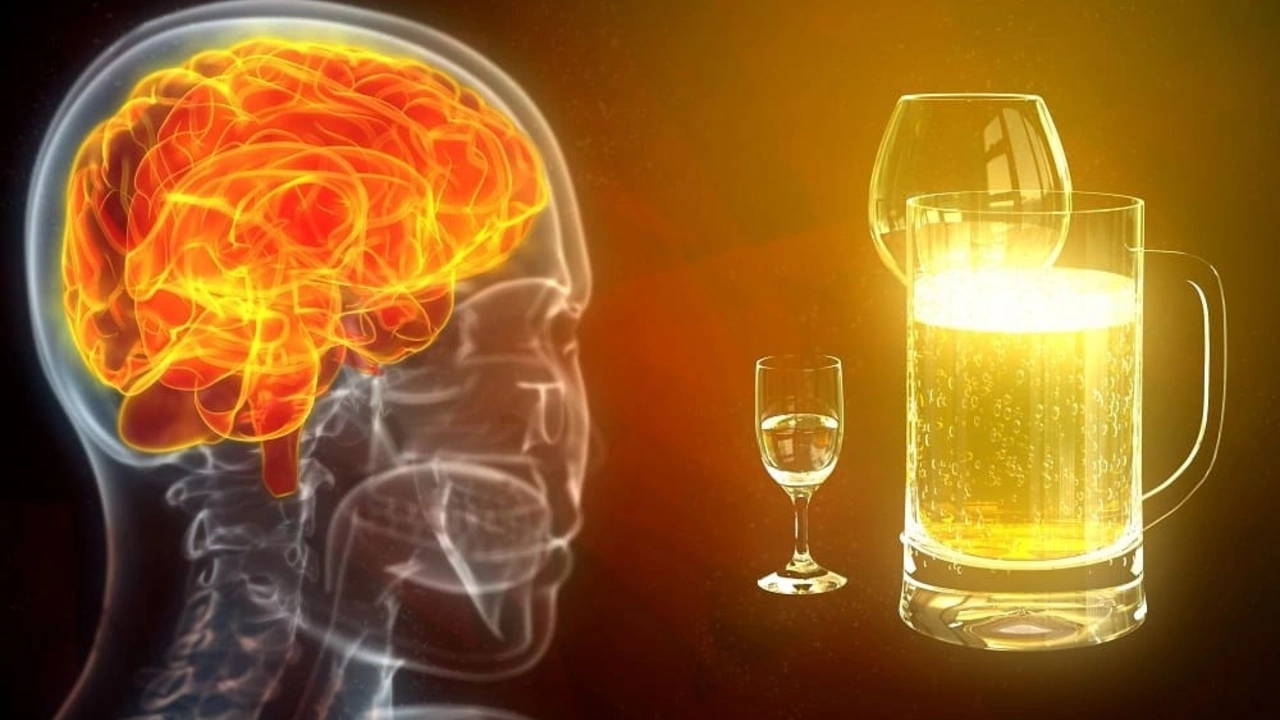Intoxication: How to spot it and what you should do
Seen someone slurring words, stumbling, or acting out of character? Those can be signs of intoxication. Whether it’s alcohol, prescription drugs taken the wrong way, illegal substances, or accidental poisoning, recognizing the signs quickly can make the difference between a minor incident and a medical emergency.
How to recognize intoxication
Look for physical signs first: slow or slurred speech, poor coordination, heavy sweating, vomiting, very slow breathing, or loss of consciousness. Behavior changes matter too — sudden aggression, confusion, memory gaps, or doing risky things they wouldn’t normally do. Cognitive signs include trouble concentrating, confusion about time or place, and unpredictable mood swings. If the person won’t wake up easily or their breathing is irregular, treat this as serious.
Different substances show different patterns. Alcohol often causes slurred speech and imbalance. Opioids slow breathing and consciousness. Stimulants can cause agitation, fast heart rate, or paranoia. Prescription drugs can be dangerous when mixed with alcohol or used in higher doses than prescribed. If you’re unsure what caused it, focus on the person’s symptoms and safety rather than guessing the substance.
If you suspect severe intoxication
First, stay calm and keep the person safe. If they’re unconscious but breathing, roll them onto their side into the recovery position to keep the airway clear. If breathing is slow, erratic, or has stopped, call emergency services right away — in India call 112 — and start CPR if you’re trained. Don’t try to make them vomit unless a medical professional tells you to. Avoid giving them strong stimulants or sedatives; mixing substances can make things worse.
Stay with the person until help arrives. Remove any nearby hazards, keep them warm, and try to find out what they took, how much, and when. That information helps paramedics. If you have access to naloxone and suspect an opioid overdose, use it if you’re trained and it’s legal and available where you are. If you can’t get immediate medical help, contact a local poison control center for guidance.
Legal and safety issues often follow intoxication. Driving under the influence, violent acts while intoxicated, or accidents caused by impairment can lead to fines, license suspension, or criminal charges. Employers, public venues, and courts may treat intoxication seriously, especially when harm or property damage occurs. If you’re reporting a news story or following a case, look for official statements from police or medical teams rather than rumors.
On RealTime TV News, the "intoxication" tag gathers stories that matter: local overdoses, road accidents linked to impairment, public health alerts, legal cases, and policy updates. Follow the tag to get clear, timely reports and practical tips on staying safe and helping others when intoxication is involved.
Got a situation right now? Prioritize safety, call emergency services, and get professional help. Quick action saves lives.
Can beer make us drunk?
In my exploration of whether beer can make us drunk, I discovered that yes, it absolutely can. The alcohol content in beer directly contributes to the level of intoxication a person may experience. It all depends on factors like the quantity consumed, the drinker's body weight, and how quickly they're drinking. However, remember, moderation is key, as excessive drinking can lead to serious health issues. So, while enjoying that cold one, always be mindful of your limits.
learn more